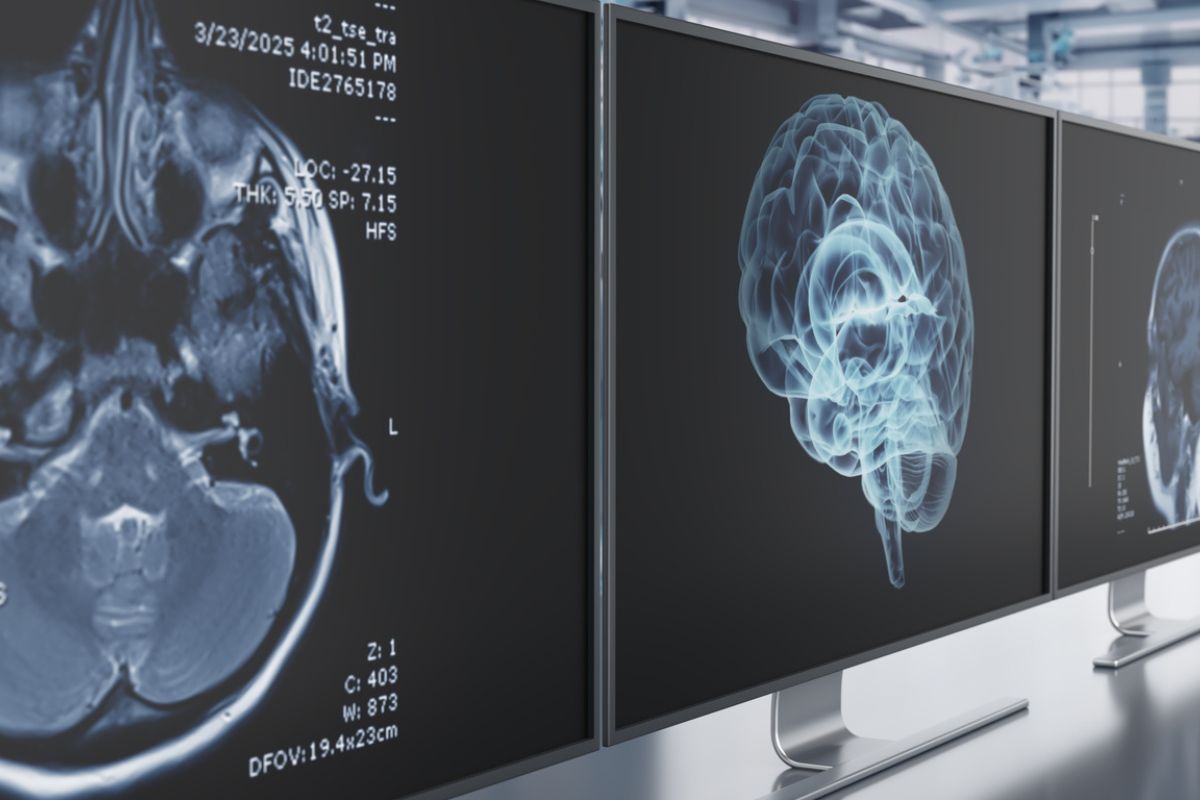A new study confirms that long COVID is bad for the brain. The King’s College London investigation identified significant cognitive deficits in subjects diagnosed with enduring COVID symptoms, underscoring the virus’s potential to wreak lasting cognitive damage.
Long COVID, also known as post-acute sequelae of SARS-CoV-2 infection (PASC), refers to a condition where individuals continue to experience persistent health issues weeks, months, and even years after they recover from their initial infection. Lingering symptoms vary widely, but often include fatigue, brain fog, memory loss, and other neuropsychological impairments.
Adult ADHD Management During COVID
Auditory Perseverations and COVID-19 Vaccination
Millions Still Have Not Regained Sense of Smell, Taste After COVID
Cognitive Impact
This large, community-based investigation unequivocally associated COVID with a decline in cognitive function. Subjects with long COVID exhibited an average 28 percent decrease in memory, attention, and reasoning. Additionally, those who reported being the sickest demonstrated a 57 percent decline in cognitive function compared to their pre-illness baseline.
The researchers also separated participants based on subjective recovery following a COVID infection. People who felt fully recovered performed similarly to those who had not had the virus at all. In contrast, participants who did not feel fully recovered after infection had lower task accuracy scores on average.
“Our findings suggest that, for people who were living with long-term symptoms after having COVID-19, the effects of the coronavirus on mental processes such as the ability to recall words and shapes are still detectable at an average of almost two years since their initial infection,” said lead author, Nathan Cheetham, MD.
The study’s data came from the COVID Symptom Study Biobank, an ongoing cohort study collecting information on COVID symptoms, risk factors, and outcomes. Participants underwent cognitive assessments both before and after infection, enabling researchers to pinpoint changes in cognitive performance.
Careful Interpretation
Reports asserting that COVID ages the brain by 10 years are misleading. The study never makes such a direct claim.
Cognitive deficits associated with COVID in the study were similar in magnitude to the typical difference in cognitive performance between individuals ten years apart in age. However, the authors stress that cognitive decline is also a natural aspect of aging. The study didn’t specifically investigate the virus’s long-term effects on either cognitive function or the aging process.
It remains premature to draw conclusions about the virus’s long-term impact on brain aging or cognitive decline. It’s crucial to consider other factors, such as pre-existing medical conditions, medications, and lifestyle choices, all of which have an influence on how well the brain functions.
Looking Ahead
That said, the research does provide essential short-term insights.
“We used sensitive tests to measure speed and accuracy across a range of brain challenges. This study shows that some individuals have measurable changes in these tests after COVID-19 going on for nearly two years,” said Claire Steves, another of the study’s authors. “The fact remains that two years on from their first infection, some people don’t feel fully recovered and their lives continue to be impacted by the long-term effects of the coronavirus. We need more work to understand why this is the case and what can be done to help.”
New data from the Household Pulse Survey by the Centers for Disease Control and Prevention (CDC) show that more than 40 percent of adults in the United States reported having COVID in the past. Of those, about 19 percent currently still have symptoms of long COVID. Experts haven’t yet identified the cause of long COVID, but this study helps explain the scope of symptoms like brain fog and memory loss. This could help guide experts to find earlier, more effective treatments, the authors said.



